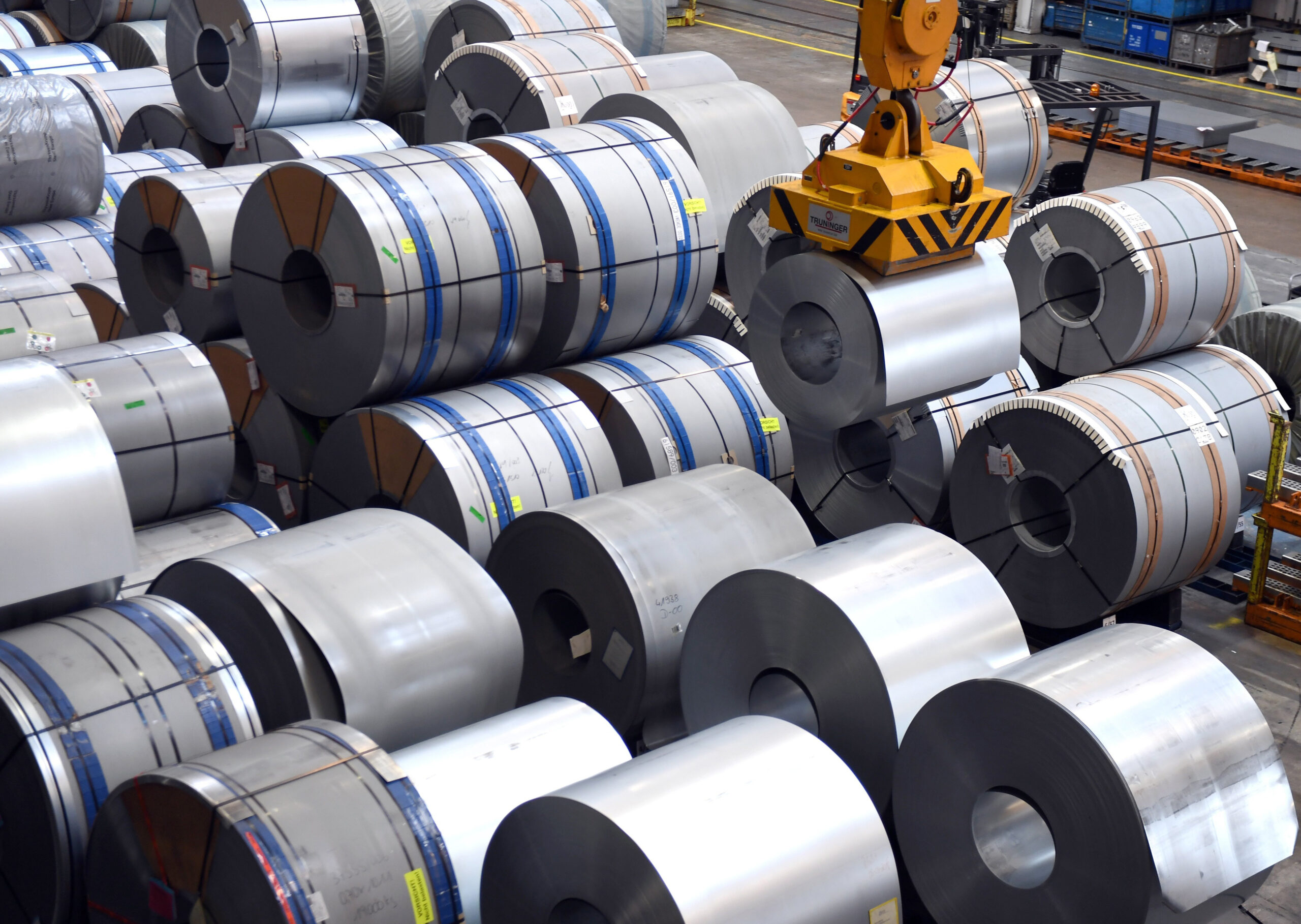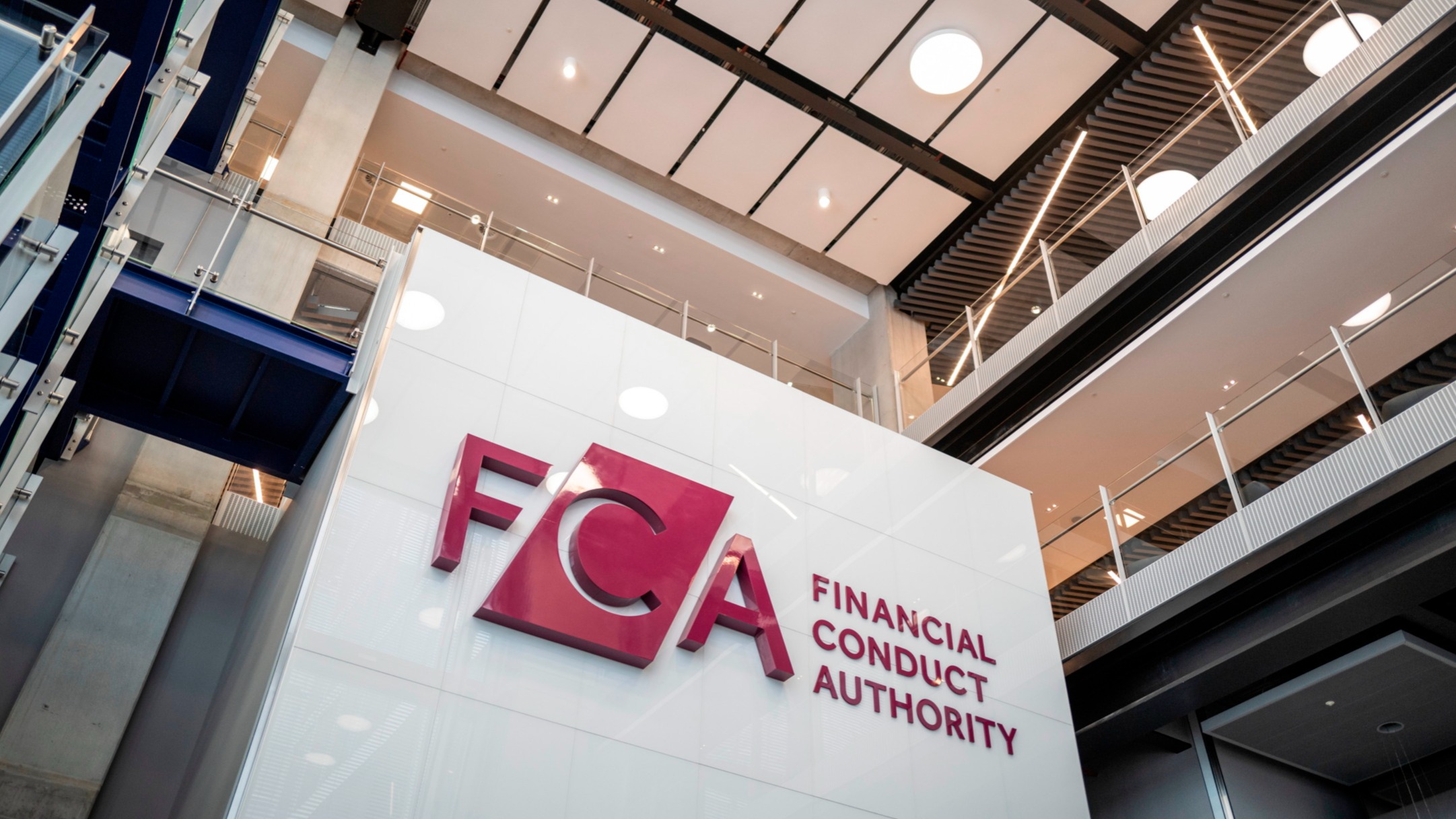
UK CBAM could lift domestic industry steel orders by £500mn, says campaign group

A carbon border adjustment mechanism could help to increase demand for UK-produced steel, according to research by campaigner CleanTrade.
Construction industry orders of UK-made steel could increase by £500mn every year with the introduction of a carbon border adjustment mechanism (CBAM), CleanTrade has argued in a new report.
The EU has agreed to implement a CBAM from 2026, which will extend existing carbon pricing for domestic industries to imported materials such as iron, steel and cement. Prices will increase annually until 2034.
Last year, the UK government said that it was talking about its own CBAM proposal to the EU, and pledged to consult on introducing the mechanism. The commitment followed an appeal by the parliamentary Environmental Audit Committee “for work on a unilateral CBAM to commence immediately” in response to carbon leakage, where companies move their operations to locations with less stringent rules on emissions.
The EAC acknowledged concerns that carbon pricing could see producers passing the increased costs of high-carbon products on to consumers, but said that a UK CBAM should “incentivise the development of more low-carbon products to ensure people are not adversely affected”.
The US has adopted a different strategy to that taken by the EU. It does not have a carbon pricing system but has instead pledged extensive subsidies for green technologies as part of its Inflation Reduction Act.
CleanTrade called on the UK to react. “Whichever route the UK chooses, low-carbon industries need to know they won’t be undercut by cheaper, imported high-carbon products in order to invest,” the report said. “The EU’s CBAM timeline is not fast, and its lack of consultation with both businesses and developing countries could become lessons from which a UK CBAM can learn.”
Frank Aaskov, energy and climate change policy manager at trade body UK Steel, said that the steel industry “has a long investment cycle because plants operate for decades”.
“Producers in the UK need certainty now in order to deliver low-carbon steel by 2035,” he added. “A CBAM is the preferred policy instrument to achieve this, since 60 per cent of the UK’s demand for steel is currently imported.”
Steel import emissions vary
According to CleanTrade, the construction industry imports £1.4bn of “long steel” (such as wire, rail and bars) every year, including £870mn on steel with higher emissions than that produced in the UK. For example, the UK imports £140mn of long steel from Turkey, which has emissions of 4.2kg of CO₂ equivalent per pound sterling spent, while UK long steel carries emissions of 1.4kg of CO₂e per pound spent.
The UK’s imports of £350mn from Spain carry 1.2kg of CO₂e per pound spent on Spanish steel. CleanTrade said a CBAM could therefore lead to a rise in demand for lower-carbon, UK-produced steel, which could be worth £525mn every year.
The report identified the potential benefits that a UK CBAM could bring for Segro, a FTSE 100-listed industrial warehouse developer. By applying industry average figures to the pipeline of warehouses that the developer has pledged to build in the UK, CleanTrade estimates that a CBAM could see £10mn of its steel supply shift from higher-carbon imported steel to lower-carbon steel made in the UK.
CleanTrade and consultancy KLH Sustainability believe that Segro will spend £27mn delivering its UK warehouse pipeline. “This is not to single out Segro as a bad apple; it takes sustainability seriously,” said Kirsten Henson, founding director of KLH Sustainability.
“Rather, if a company like Segro is only able to commit to a 20 per cent reduction in Scope 3 emissions by 2030, what chance is there for the construction industry to achieve bigger reductions without measures like a CBAM to bolster the investment case for decarbonising our own steel production?”
A Segro spokesperson said: “While steel accounts for approximately 20 per cent of Segro’s material-related emissions in 2022, we look at this holistically as part of our developments and we are currently evaluating replacement materials such as timber.
“Fifty per cent of Segro’s operations are in the EU; therefore, we will be actively engaging with our construction partners who may experience CBAM first hand and if we feel it could be relevant to delivering lower carbon products, we will pursue [it] further at that point in time.”
Mike Berners-Lee, a director of carbon footprinting consultancy Small World Consulting, said “extracting and burning fossil fuels simply has to become too expensive or illegal”.
“Carbon border adjustments are an important crack in the wall of fossil fuel producers’ ability to freely sell their product into all manner of global supply chains,” he said.
Similar Articles

UK Climate Change Act remains legally sound 15 years on, experts say

Nature degradation could cause financial losses to the UK economy greater than Covid-19 and 2008 financial crash


